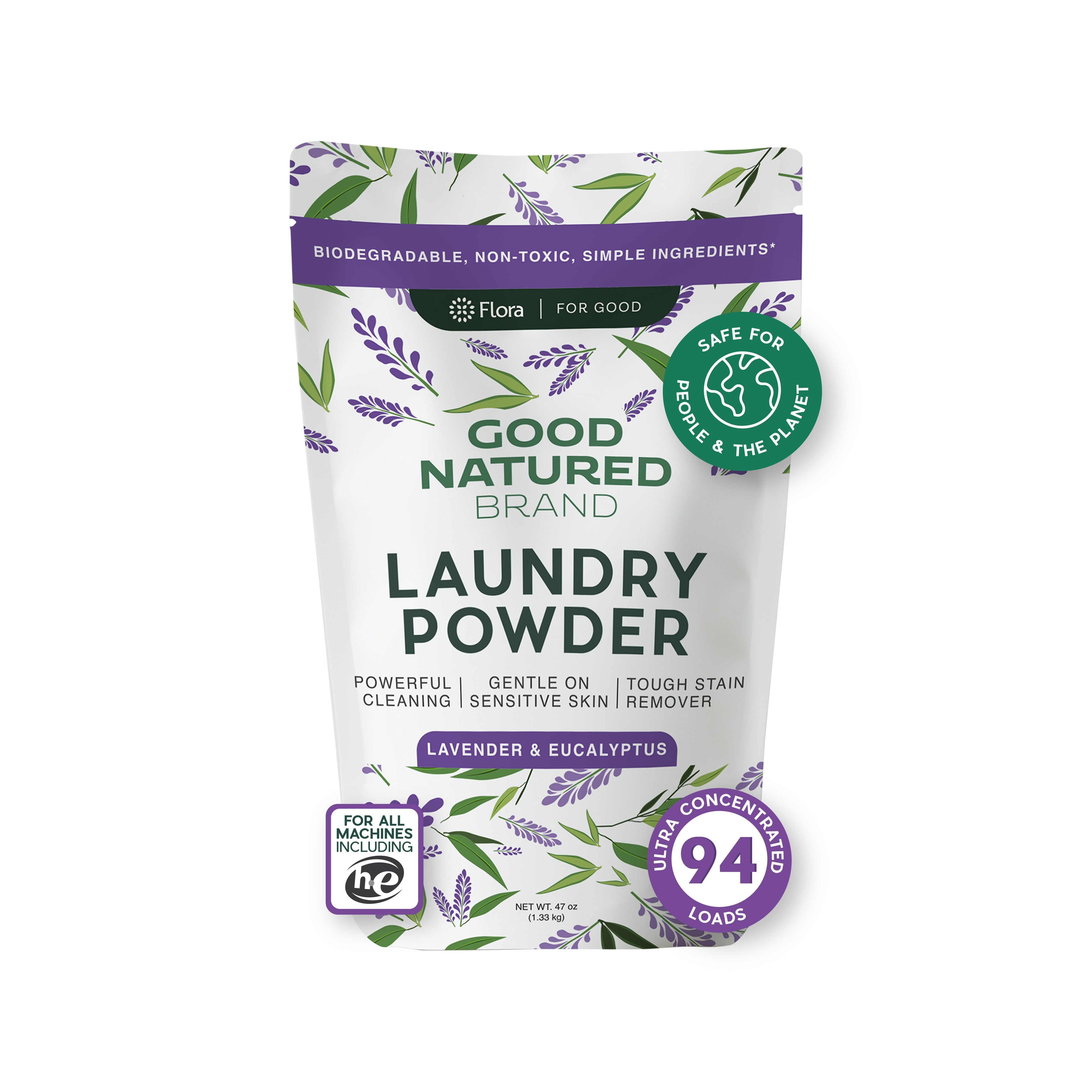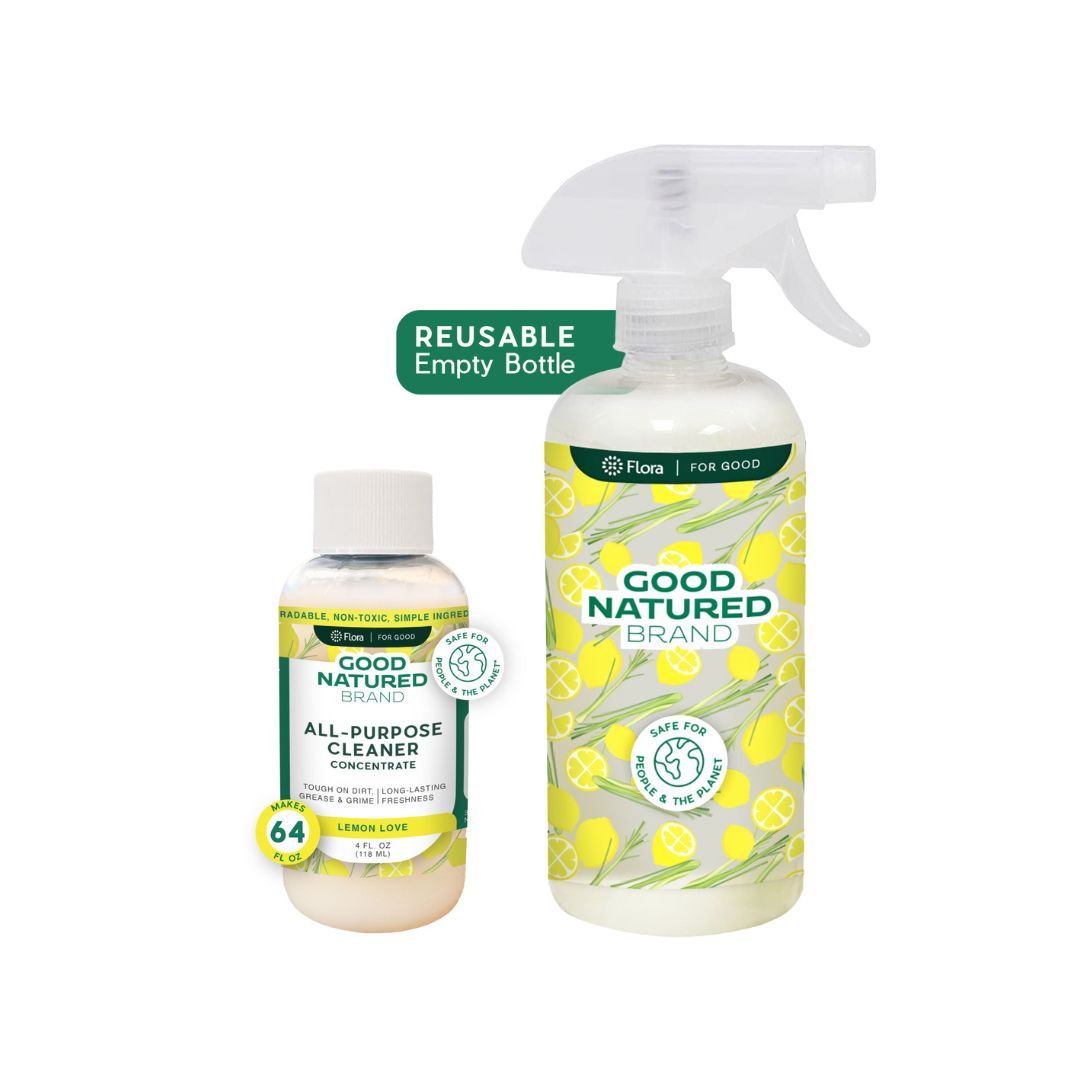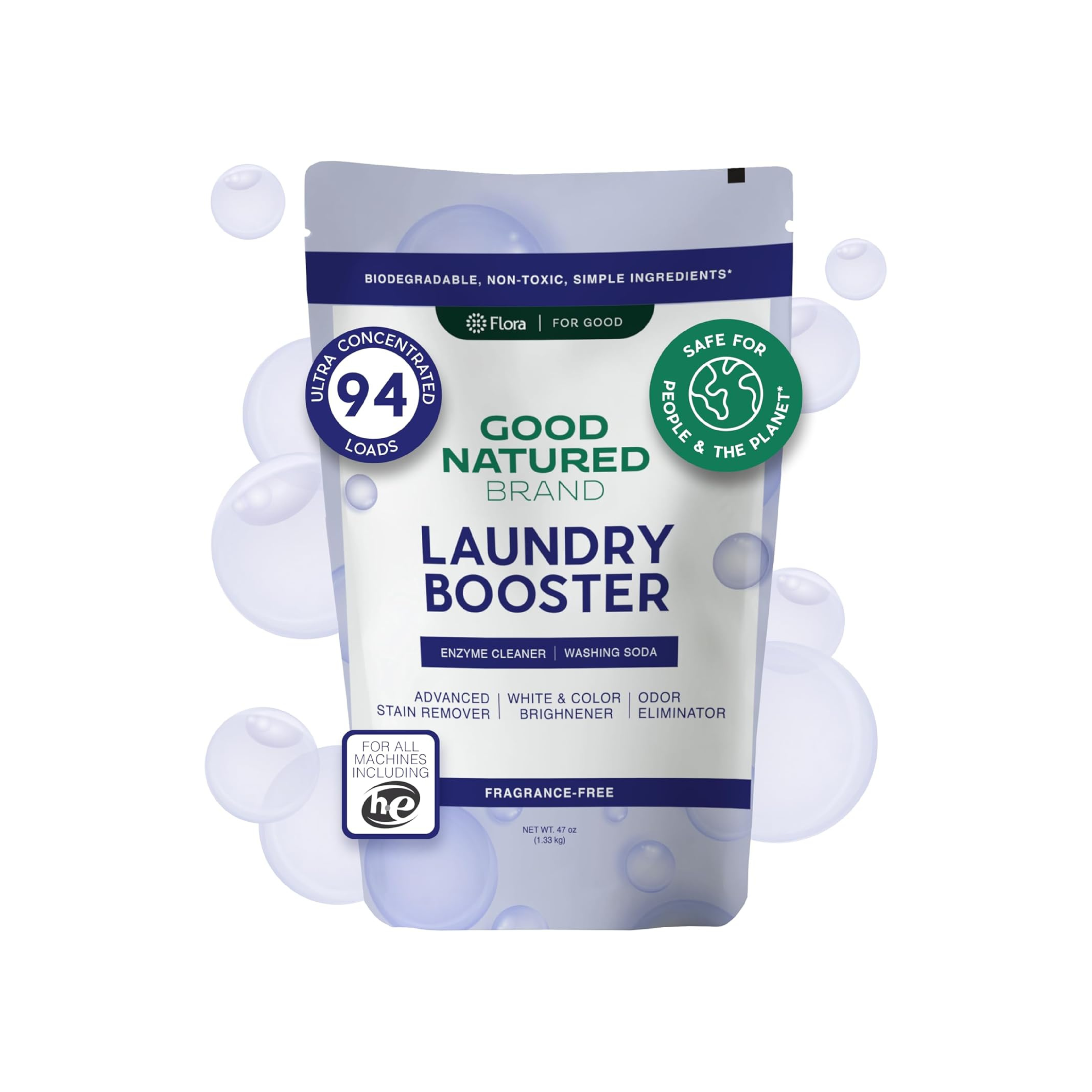Introduction to Rescue Dog Anxiety
Bringing a rescue dog into your home can be a rewarding experience, filled with love and companionship. However, many rescue dogs come with their own set of challenges, particularly when it comes to anxiety. Whether due to previous trauma, neglect, or simply the stress of adapting to a new environment, anxiety can significantly impact a rescue dog's quality of life. Understanding the sources of this anxiety and how to manage it is vital for both the well-being of your pet and the harmony of your household.
In this article, we will explore natural solutions to help manage anxiety in rescue dogs. By focusing on holistic approaches, you can help your furry friend feel more secure and relaxed, allowing them to thrive in their new home.
Understanding the Causes of Anxiety in Rescue Dogs
Before we delve into solutions, it’s essential to understand the various factors that contribute to anxiety in rescue dogs. Each dog is unique, but there are common triggers that many experience:
-
Previous Trauma: Many rescue dogs have experienced neglect, abuse, or abandonment. These past experiences can create a lasting impact, leading to fear and anxiety in new situations.
-
Change in Environment: Transitioning to a new home can be overwhelming. The unfamiliar sights, sounds, and smells can trigger anxiety, especially for dogs that are already nervous or skittish.
-
Lack of Socialization: Dogs that have had limited exposure to different people, animals, and environments may struggle with anxiety when faced with new experiences.
Recognizing these triggers is the first step in helping your rescue dog feel more at ease.
Recognizing Signs of Anxiety
Understanding your dog's behavior is crucial in managing anxiety effectively. Here are some common signs that your dog may be experiencing anxiety:
-
Excessive Barking or Whining: Vocalizations can indicate stress or discomfort.
-
Destructive Behavior: Chewing furniture or digging excessively may be a sign of anxiety.
-
Pacing or Restlessness: Dogs unable to settle down may be feeling anxious.
-
Hiding or Withdrawal: If your dog seeks out hiding spots or avoids interaction, they may be feeling overwhelmed.
By paying close attention to these signs, you can better understand your pet’s emotional state and take appropriate action to address their needs.
The Importance of Natural Solutions
While there are various commercial products designed to alleviate anxiety in dogs, many pet owners are seeking natural alternatives. Natural solutions can be less invasive and free from the harmful chemicals often found in traditional anxiety medications or treatments. Additionally, these methods tend to be gentler on your pet's system and can promote overall well-being.
Natural anxiety solutions not only help your dog feel safer and more relaxed but can also strengthen the bond between you and your pet. By using gentle, holistic methods, you can create a nurturing environment that fosters trust and security.
Creating a Safe and Comfortable Environment
One of the most effective ways to help your rescue dog manage anxiety is to create a safe and comfortable environment. Here are some tips to consider:
-
Designate a Safe Space: Create a quiet area in your home where your dog can retreat when they feel anxious. This could be a cozy bed or crate in a low-traffic area, equipped with their favorite blankets and toys.
-
Establish a Routine: Dogs thrive on routine, so try to maintain a consistent schedule for feeding, walks, and playtime. Predictability can help reduce anxiety and give your dog a sense of security.
-
Positive Reinforcement: Encourage calm behavior by rewarding your dog with treats and praise when they exhibit relaxed behavior. This positive reinforcement will help them learn what it means to feel safe.
In addition to these strategies, consider using Room and Linen Sprays infused with calming scents, such as lavender. These sprays can help create a soothing atmosphere in your home, promoting relaxation for both you and your dog.
Incorporating Natural Remedies
There are several natural remedies that can effectively help alleviate anxiety in rescue dogs. Here are some options to explore:
-
Herbal Supplements: Many herbal supplements are known for their calming properties. Ingredients like chamomile, valerian root, or passionflower can be beneficial. Consult with your veterinarian to find safe and effective options for your dog.
-
Essential Oils: Certain essential oils have been shown to promote relaxation in dogs. Lavender oil, for example, can be used in a diffuser or diluted with a carrier oil and applied to your dog's collar. Always ensure that any essential oil is safe for dogs before use.
-
Calming Music: Playing soft, soothing music or white noise can help mask stressful sounds from the environment and create a calming atmosphere for your dog.
Additionally, maintaining a clean and pleasant home environment can contribute to your dog’s overall comfort. Consider using Laundry Powders that are free from harsh chemicals for washing your dog's bedding and toys to ensure a fresh and safe space.
Exploring Natural Solutions for Rescue Dog Anxiety
Continuing from our previous discussion on managing anxiety in rescue dogs, we will delve deeper into specific natural solutions that can ease anxiety and create a peaceful environment for your furry friend. These solutions not only make your dog feel secure but also promote a healthier lifestyle for both your pet and your home.
Creating a Calm Environment
One of the most effective ways to help your rescue dog manage anxiety is to cultivate a calm and inviting environment. Here are some strategies to consider:
-
Safe Spaces: Designate a specific area in your home where your rescue dog can retreat when feeling anxious. This could be a cozy bed in a quiet corner or a crate that they feel comfortable in. Make the space inviting with their favorite toys and blankets.
-
Consistency in Routine: Dogs thrive on routine, and establishing a consistent schedule for feeding, walks, and playtime can provide a sense of security. Predictability helps reduce anxiety by allowing your dog to understand what to expect throughout the day.
-
Comforting Scents: Utilizing calming scents can significantly enhance your dog’s environment. Consider using Room and Linen Sprays infused with soothing essential oils like lavender or chamomile. These scents can create a tranquil atmosphere, helping your dog feel more relaxed.
Natural Remedies for Anxiety
In addition to creating a calm environment, several natural remedies can help alleviate anxiety in rescue dogs:
-
Herbal Supplements: Many herbal remedies are known for their calming properties. Ingredients such as chamomile, valerian root, and passionflower can help reduce anxiety. Consult with your veterinarian to determine which herbal supplements are safe and effective for your dog.
-
Essential Oils: Certain essential oils can be beneficial for calming anxious dogs. Lavender oil is particularly known for its relaxing effects. You can use a diffuser in the room where your dog spends most of their time or create a diluted spray to apply to their bedding.
-
Calming Music: Playing soothing music can help mask stressful sounds and create a calming environment for your dog. There are specific playlists and albums designed for dogs that can promote relaxation and reduce anxiety.
Behavioral Training Techniques
Training plays a crucial role in managing anxiety in rescue dogs. Positive reinforcement techniques can help build your dog’s confidence and reduce anxiety over time. Here are some effective strategies:
-
Desensitization: Gradually exposing your dog to situations that trigger anxiety can help them become more comfortable over time. Start with controlled environments and gradually increase exposure as they become more confident.
-
Counter-Conditioning: This technique involves associating a positive experience with a trigger that causes anxiety. For example, if your dog is anxious about strangers, reward them with treats and praise when they remain calm in the presence of new people.
-
Professional Training: If your dog's anxiety is severe, consider seeking the help of a professional dog trainer or behaviorist. They can provide specialized techniques tailored to your dog's specific needs.
Incorporating Physical Activity
Physical exercise is essential for the overall well-being of dogs and can significantly reduce anxiety levels. Regular exercise not only helps burn off excess energy but also provides mental stimulation. Here are some tips to keep your rescue dog active:
-
Daily Walks: Aim for at least one or two walks a day. This not only provides exercise but also allows your dog to explore their surroundings, which can be enriching and comforting.
-
Interactive Play: Engage your dog in interactive play sessions using toys or games that challenge their mind, such as puzzle toys or fetch. This helps distract them from anxiety triggers and promotes bonding.
-
Training Sessions: Incorporate training sessions into your daily routine. Teaching new commands or tricks can stimulate your dog mentally and reinforce positive behavior.
Maintaining a Clean and Healthy Environment
A clean home environment is essential for your dog’s mental health. Regular cleaning can help reduce allergens and irritants that may contribute to anxiety. Here are some products that can help:
-
Carpet Deodorizers: Using Carpet Deodorizers can keep your home smelling fresh and remove pet odors. Opt for natural, non-toxic options that are safe for pets.
-
Laundry Powders: When washing your dog’s bedding and toys, consider using Laundry Powders that are biodegradable and free from harsh chemicals. Keeping their items clean helps create a comfortable space for your dog.
-
All Purpose Cleaners: Maintain a healthy living environment by using All Purpose Cleaners that are safe for pets. These cleaners can effectively remove dirt and odors without exposing your dog to harmful chemicals.
Conclusion
Managing anxiety in rescue dogs requires a combination of understanding, patience, and effective natural solutions. By creating a calming environment, utilizing natural remedies, engaging in regular physical activity, and maintaining a clean home, you can significantly improve your dog's quality of life.
For more helpful tips on creating a safe and healthy environment for your furry friend, visit Good Natured Brand for eco-friendly products and resources. Stay tuned for the next part of our guide, where we will dive deeper into advanced techniques for managing anxiety in rescue dogs and explore additional resources to support you and your pet!


















